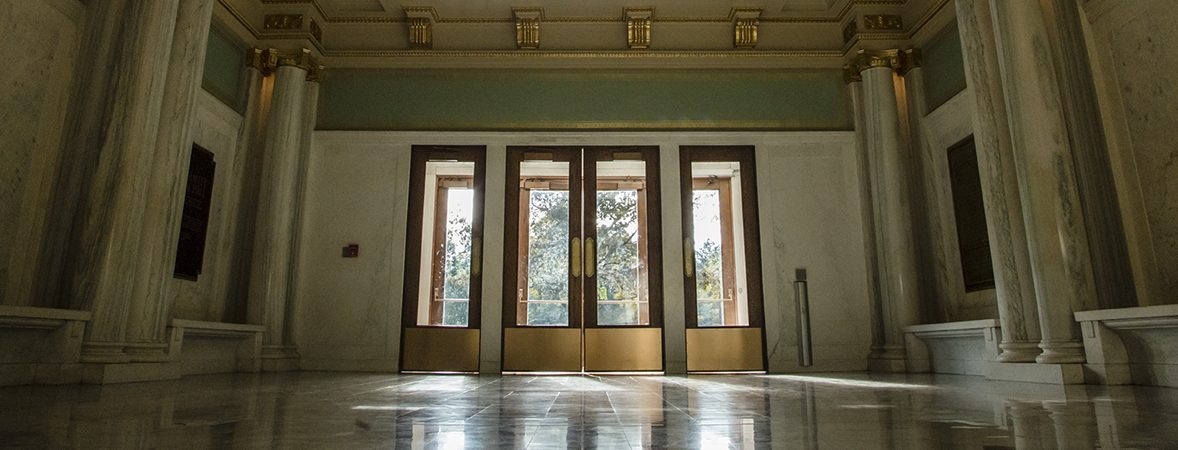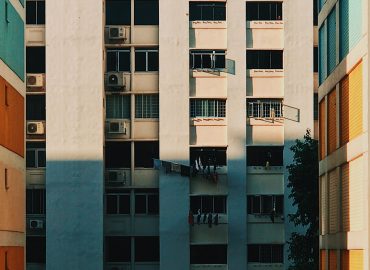By Patrick Sullivan, SEDAC Program Manager
Working to become more energy efficient always makes sense – now more than ever. The state-wide shelter-in-place (SIP) order by the governor in response to the COVID-19 pandemic has created a unique opportunity for energy efficiency projects. With many buildings empty while we attempt to flatten the curve of new infections, now is the time to start doing work that generally could not be done without disruptions to normal business.
Since normal business operations have already been disrupted, we should take advantage of this unique opportunity and begin working to improve energy efficiency on a wide scale. By conducting remote site visits, we can do energy assessments in buildings across the state while adhering to social distancing requirements and the Stay in Place order. It may even be possible to have contractors or maintenance personal implement some of the improvements that can be done under social distancing guidelines. Projects that cannot be implemented at this time would be cued up as “shovel ready” work once social distancing restrictions are lifted. When social distancing ends, a batch of shovel ready projects will be needed to help jump-start the economy.
This crisis has another potential silver-lining. If we can leverage some of the coming stimulus money with current incentives offered by utilities, energy efficiency projects that seemed too expensive or had long payback times may now be financially feasible. When this crisis comes to an end (and it will), everyone will benefit if governments and businesses are not spending critical resources on wasted energy.
I’m reminded of what happens to humans during times of feast and famine. During times of plenty, our bodies are in build mode: new cells are created, and growth occurs (yes, including fat cells). When famine strikes, our bodies shift into repair mode: instead of growth, organs and cells are repaired so they work more efficiently and produce fewer toxic outputs (e.g. chemicals that are associated with the development of cancers). Our economy is currently fasting. Instead of waiting for things to return to normal, we should take advantage of this rare opportunity to complete some of the necessary repairs to our building systems that will allow for a more vigorous and robust recovery.





